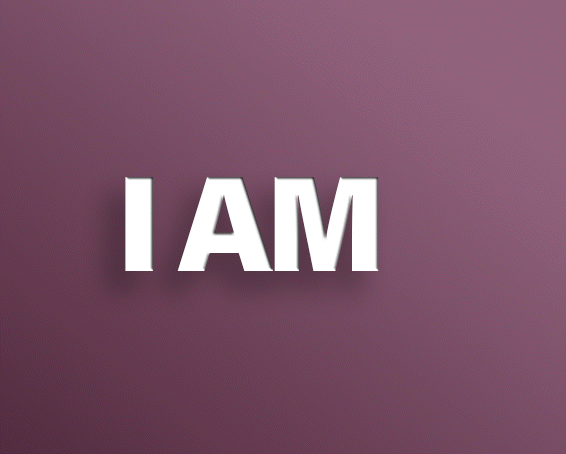5 Words I Don’t Use To Define Myself
We speak over 16,000 words a day, and according to research, the ones we say to ourselves carry the most weight.
Studies show that self-directed language doesn’t just reflect how we feel, it shapes how we think, act, and even what we believe we deserve.
Negative self-talk, even when said half-jokingly, activates the same neural pathways as real emotional pain. Over time, words like crazy, dumb, or ugly become more than just labels… they become patterns. And those patterns quietly influence our confidence, resilience, and decisions.
Define Yourself Wisely
That’s why I’m intentional about the words I use. These are the 5 words I don’t use to define myself:
Triggered
People can frustrate or provoke me, but I refuse to let anyone else control how I feel. I decide how I respond. No one gets to hijack my emotions.
2. Lazy
Quiet or idle moments don’t mean I’m lazy. I give myself space to reset, reflect, and recharge because I know I can’t run at full speed all the time.
3. Stupid
Making mistakes doesn’t make me dumb. Calling myself “stupid” implies I can’t learn or grow, and I won’t reinforce that lie.
4. Imposter
I’ve earned every space I’m in. I don’t use the word “imposter” because I refuse to question whether I belong. I do.
5. Hopeless
Hopelessness tells you to quit. I’ve been through hard things, but I’ve never surrendered to despair. I fight until the end.
Words are not just communication. They are tools of identity. Be mindful of the ones you pick up, and even more mindful of the ones you let go.
What Words Are Holding You Back?
What words do you use to define yourself that negatively impact you? Write them down on a piece of paper and then tear it up. Promise yourself that from this point forward, you will not allow these words to shape how you navigate the world.
With Intention,


